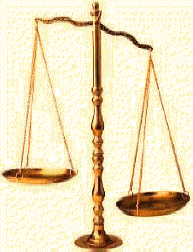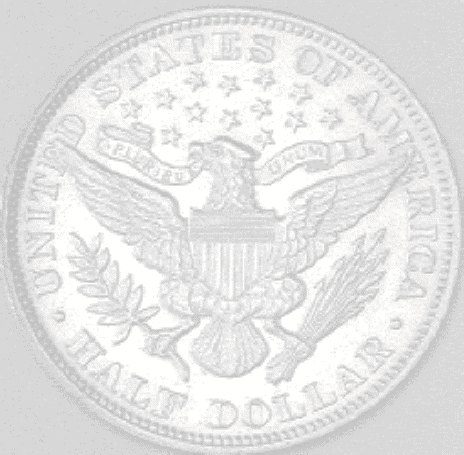
|
|
||
|
|
|
|
|
|
||

-44-
FOR BETTER OR WORSE:
Economic Debauchery
Following the War for Independence, Rhode Island, New York, New Jersey, Pennsylvania, North Carolina, South Carolina and Georgia returned to the use of paper "money." There were severe struggles over the issue in Maryland, Virginia, New Hampshire, and Massachusetts. In his Commentaries on the Constitution Of The United States, Judge Joseph Story spoke of the revolutionary and post-revolutionary legal tender laws.
They entailed the most enormous evils on the country and introduced a system of fraud, chicanery and profligacy which destroyed all private confidence and all industry and enterprise (White, 147-48).
Nevertheless, one of the demands made by the "Shay Rebellion" in Massachusetts in 1786-1787 was for more paper “money" (White, 131).
Shay's Rebellion
Mr. Homer Hackett wrote of the affects the War for Independence had wrought in society:
The Revolution had weakened the old respect for established authority and institutions. The casting off of British control had brought all government into question, and the philosophy by which rejection of the King had been justified was susceptible to dangerous interpretations. If governments derived their just powers from the consent of the governed, what obedience did individuals owe to a government which failed to secure economic justice?" (Hackett, 184)
Some cried out for the abolition of private property since the property of all the people had been protected from confiscation by the joint exertions and common victory of the American people, and therefore property should be owned in common. They viewed the machinery of the courts used in the collection of debts as the exploitation of the masses by the privileged few. It was the wealthy merchants and the bankers who controlled the legislatures and the courts (Hackett, 184).
"Know Ye" Laws
In most states the "paper money
party," as they were called, was defeated at the polls. In Rhode Island,
they gained control of the legislature and passed a legal tender law.
Bankers and merchants were unwilling to accept cheap "money," however,
and another bill was passed allowing debtors to post notices to the
effect they had sought their creditors in vain, and were therefore
absolved from further obligation. Since these notices began with the
words, "Know ye," the acts "legalizing" them were called the "Know Ye
Laws" (Hackett, 184-185).
All public and private debts were repudiated
(White, 131). In his history of the Roman Civil Wars, Appian mentions
the canceling of debts as one of the causes of those wars (White, 283).
The repudiation of debts is simple dishonesty, yet it is practiced every
time governments alter the standards of weights and measures. *
*For instance, suppose a merchant sells an automobile for 5,000 "dollars" in currency or 500 "dollars" in silver coins, but within a few months, the government "devaluates the "value" of the currency by 10 percent. Now the "price" of the automobile will be 5,500 "dollars in currency, while 5,000 "dollars" in paper “money" will be exchangeable for only 4500 "dollars" of merchandise. Yet, the 500 "dollars" of silver coins before valued at 5,000 "dollars" can now be exchanged for 5,500 "dollars" of merchandise.
Translated this means that the automobile that could have been "purchased" with only 500 "dollars" in silver could now be "purchased” with only 450 "dollars” in silver. This amounts to the canceling of debt and is immoral.
In Massachusetts where the
"paper money party" was defeated at the polls, debtors made
insurrection. They had been made to suffer desperately by the "collapse"
of the currency (Sumner, 50) and in 1786, under the leadership of Daniel
Shays, a veteran of Bunker Hill, they made insurrection. Order was
restored only with great difficulty.
